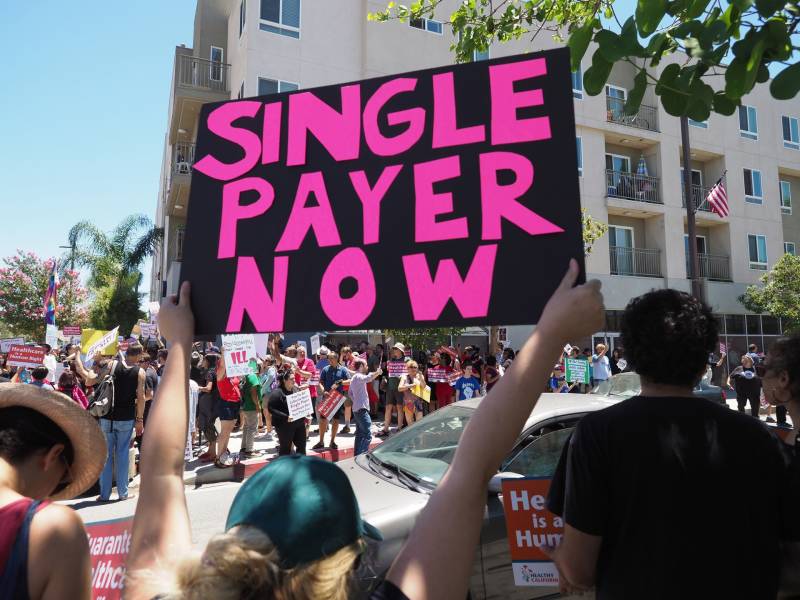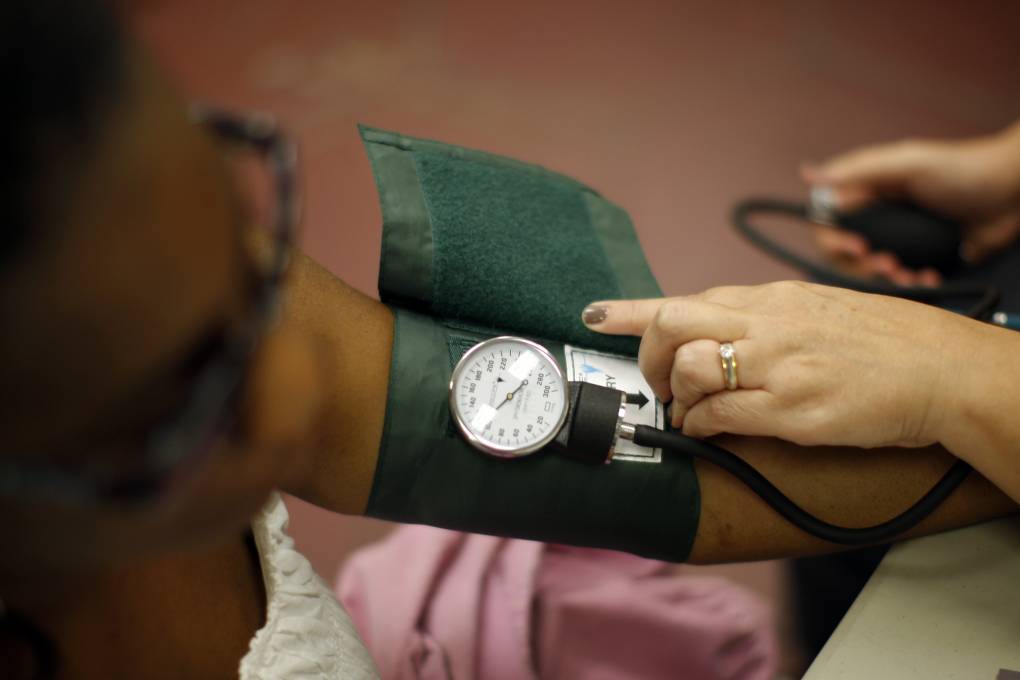There were still many unanswered questions about financing, quality and how doctors would make decisions. Monday’s debate would likely have been dominated by concerns about cost. The latest estimate says it would cost taxpayers at least $356.5 billion per year to pay for the health care of nearly 40 million residents. California’s total operating budget — which pays for public schools, courts, roads and bridges and other important services — is roughly $262 billion this year.
In light of the news that the Assembly failed to vote on the bill, the California Nurses Association released a statement condemning the decision.
“Today, elected leaders in California had the opportunity to put patients first and set an example for the whole country by passing AB 1400, the California Guaranteed Health Care for All Act, in the State Assembly. Instead, Assembly Member Ash Kalra, the main author of the bill, chose not to hold a vote on this bill at all, providing cover for those who would have been forced to go on the record about where they stand on guaranteed health care for all people in California. Nurses condemn this failure by elected representatives to put patients above profits, especially during the worst surge of COVID-19 yet, at a time when it’s more clear than ever before that health care must be a right, not just a privilege for those who can afford it.”
Assembly Republican Leader Marie Waldron lauded Democrats who stood up to their base and joined Republicans to put an end to the bill she referred to as a “foolhardy plan.”
“Better late than never,” said Waldron in a news release. “The fact that a proposal for a government takeover of our state’s entire health care system even made it this far shows just how out of touch the Democratic party is from the needs of everyday Californians. Even though this plan is dead for now, every Democrat who supported it will have to answer for their effort to end Medicare, kick 20 million Californians off their existing plans, require the largest tax increase in state history and put bureaucrats in charge of health care.”
Other coalitions opposed to the bill expressed concern that its passage would have done more harm than good.
“Californians are already facing higher inflation and taxes while struggling with the many difficulties/hardships that the pandemic has caused,” said Ned Wigglesworth, a spokesperson for the Protect California Health Care coalition, in a news statement. “They should have the right to choose the coverage they want, and deserve a stable health care system they can always rely on. AB 1400 would have eliminated both Medicare for seniors and private coverage for everyone, with no guarantee that patients could keep their doctor. The bill would have irreparably damaged the health care that millions of Californians rely on every day — all in the middle of a pandemic. Today’s vote in the Assembly was a vote to protect their constituents from higher taxes and chaos in our health care system.”
Earlier this month, Democrats filed a proposed amendment to the state Constitution that would impose hefty new taxes on businesses and individuals to pay for the system. The taxes would generate roughly $163 billion per year, and the amendment would give lawmakers the power to raise those taxes to keep up with costs. Supporters hoped both proposals — the bill to create the system and the bill to pay for it — would move forward together this year.
But Monday’s deadline was only on the bill that would create the system.
Supporters say Californians and their employers are already paying exorbitant amounts for health care through high deductibles, co-pays and monthly insurance premiums. The bill would have eliminated all of those and replace them with taxes.
“Sure, there is sticker shock. But there should be sticker shock for how much we are paying now,” said Stephanie Roberson, director of government relations for the California Nurses Association.
“What are we getting? People are still uninsured. People are still underinsured. People are going into medical debt. People have to reach tens of thousands of dollars of deductibles. We’ll eliminate that under this program,” she said.
Right now, lots of people pay for California’s health care system, including patients, insurance companies and employers. The bill before the Legislature would change that to a single payer — the government. If enacted, it would unravel the private health insurance market. Private health insurance would still be allowed, but only for services not covered by the government.
Progressives have long dreamed of a single-payer health system in the U.S., believing it would control costs and save lives. But it’s never happened. Vermont enacted the nation’s first single-payer health care system in 2011, but later abandoned it because of the cost. Proposals in Congress have gone nowhere.



